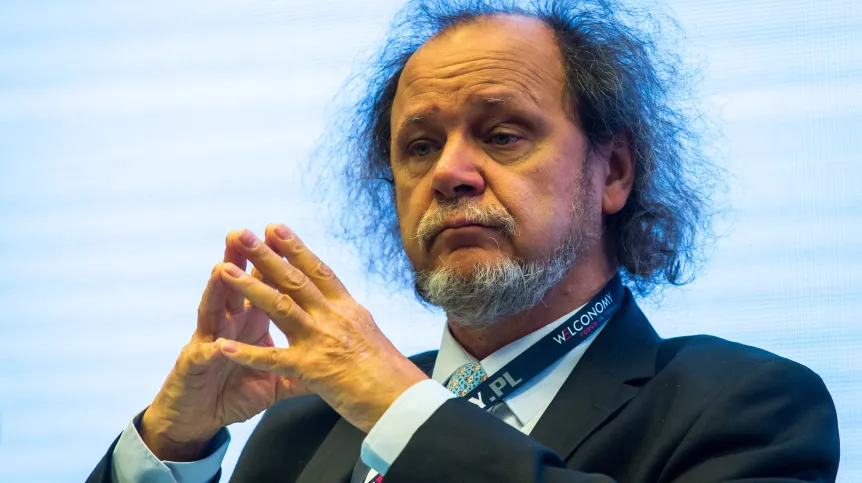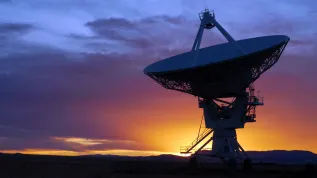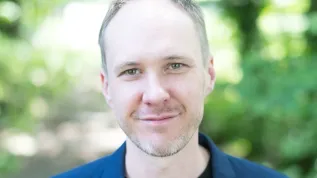
Professor Włodzisław Duch of Nicolaus Copernicus University has been elected to the World Academy for Artificial Consciousness (WAAC), an international organization bringing together leading researchers in artificial intelligence and cognitive science. For his contributions to AI research, he has been awarded the title of Academician, the university announced.
WAAC is a non-governmental academic institution dedicated to advancing research on artificial consciousness by integrating science, technology, and philosophy. The academy focuses on the evolution of artificial intelligence toward self-awareness and subjective experience, alongside the development of ethical frameworks for AI.
Professor Duch, from the Faculty of Physics, Astronomy and Informatics, was recognized for the innovative and interdisciplinary nature of his research. The academy cited his work as laying theoretical foundations for future generations of scientists.
WAAC members include Nobel laureates and scholars from leading institutions such as Harvard University, the University of Cambridge, the French National Centre for Scientific Research (CNRS), and the Max Planck Institute for Cognitive and Brain Sciences.
Duch’s research spans artificial intelligence, neural networks, computer science, quantum physics, and cognitive science. On October 8, he discussed his recent work during a meeting of the Ludwik Kolankowski Professors’ Club at Nicolaus Copernicus University’s Copernican Integration Centre. His lecture, titled “The Impact of Artificial Intelligence on the Development of Science,” explored the growing capabilities of large language and multimodal models.
“We are convinced that nothing will match human intelligence because our brains are the most complex structures in the known universe. Lasciate ogni speranza—abandon all hope. AI will not only equal us; it has no such biological limitations. The complexity of our cells is necessary to sustain life, not to achieve intelligence,” Duch said.
He noted that large-scale AI systems, with trillions of parameters, now perform cognitive functions once thought exclusive to biological brains — including perception, creativity, communication, emotion, and emerging forms of self-awareness. (PAP)
ekr/ bar/
tr. RL













